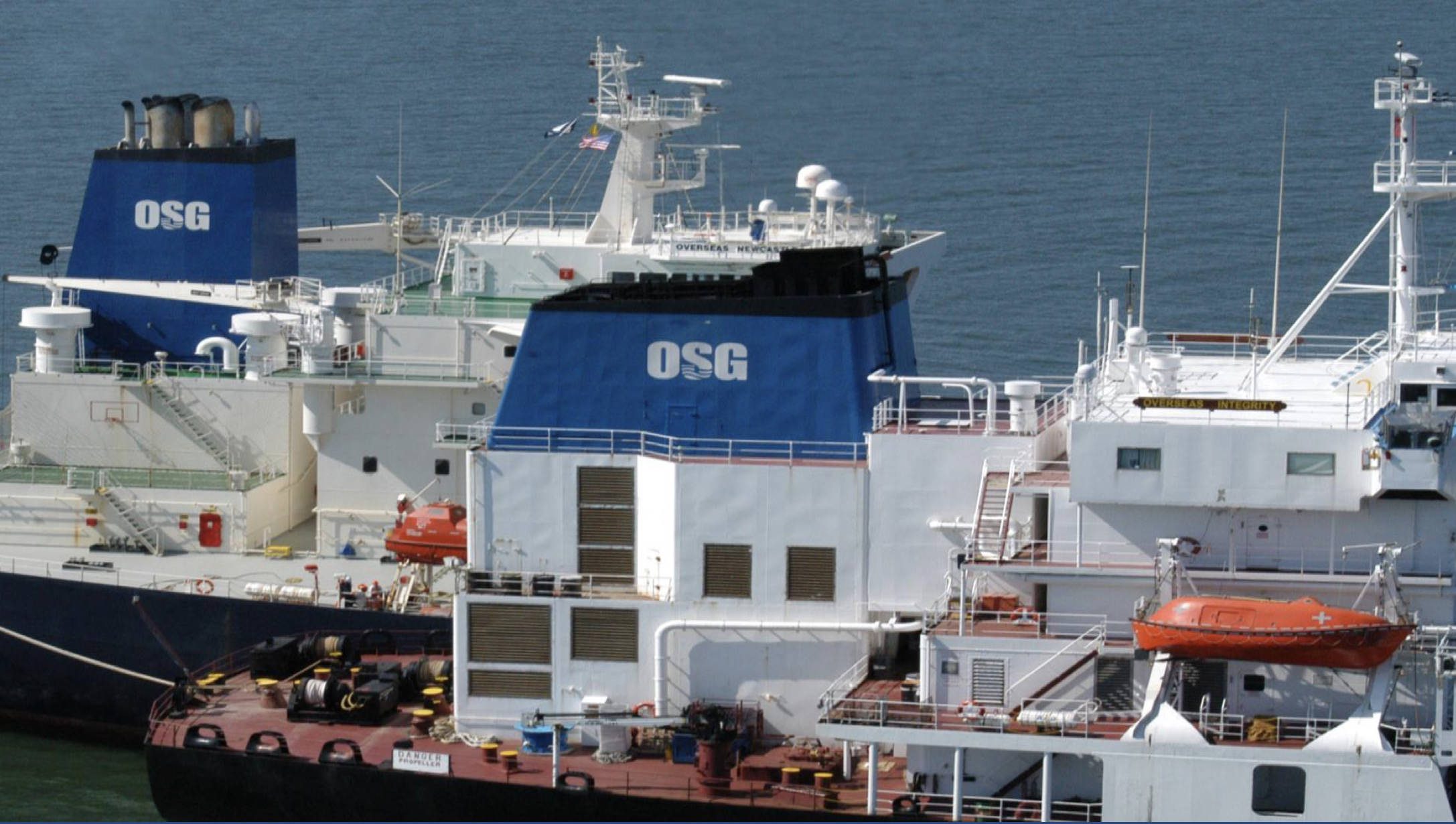By Naureen S. Malik
(Bloomberg) — The U.S. is grappling with the biggest glut of natural gas in four years. And you wouldn’t know it from the number of tankers bringing supplies of the fuel into the Northeast.
Earlier this week, Engie SA’s Everett terminal near Boston received its 12th liquefied natural gas vessel of the year, according to Engie’s unit. That’s the most for that period since 2012, when the terminal received 17 vessels from January through mid-April, government data show. Imports are up 31 percent to 27.8 billion cubic feet from a year earlier.
“Everybody’s realized winter never happened but everybody took a position that winter is going to happen, which is what you have to do as a utility,” Jason Feer, head of business intelligence at Poten & Partners in Houston, said in a telephone interview Wednesday. “You have a lot of LNG going into Boston when you normally wouldn’t have it going there.”
Since late 2014, power grid operator ISO New England Inc. has offered incentives to utilities that import LNG, an effort to ensure that the region has enough supply for power plants during frigid winters. That strategy backfired this year as the warmest U.S. winter on record curtailed demand, expanding a stockpile glut while production from shale basins filled storage caverns.
Another tanker, the BW GDF Suez Boston, updated its destination to Boston on Thursday after leaving Trinidad & Tobago, according to vessel tracking data compiled by Bloomberg. An arrival date wasn’t listed, but the ship may reach port April 20 assuming the latest speed of 11.7 knots is maintained, according to Sea-Distances.org’s website.
Much of the LNG shipped to Everett was never delivered to consumers. Total gas sent from the terminal to the local market fell 28 percent so far in 2016 from a year earlier, pipeline data from ABB Inc. show.
Heating Demand
The lack of heating demand carries a cost. ISO New England will pay $2.58 million to reimburse power generators for unused LNG under the grid manager’s winter reliability program, which is an “essential insurance program” to make sure there is enough fuel to keep plants running, spokeswoman Marcia Blomberg said. Such costs are passed on to households and businesses. Eight electricity generators in the region signed contracts for LNG supply, and used none of it.
One benefit of the supply surplus: lower wholesale power prices. Spot power is down 64 percent from a year earlier, averaging the least since at least 2005, as the glut weighs on gas markets that help set the price of electricity.
“We did not have a cold winter and when we did have a few days of cold, the cheap fuel prices definitely helped” to cut power costs, said Natalia Mestvirishvili, a Boston-based power analyst for Genscape Inc.
© 2016 Bloomberg L.P
Unlock Exclusive Insights Today!
Join the gCaptain Club for curated content, insider opinions, and vibrant community discussions.

 Join The Club
Join The Club







![A screengrab of a map showing an earthquake Mindanao, Philippines on Dec 2, 2023. (Image: US Geological Survey [USGS])](https://gcaptain.com/wp-content/uploads/2023/12/Screenshot-2023-12-02-at-10.45.17-AM-copy.png.webp)





